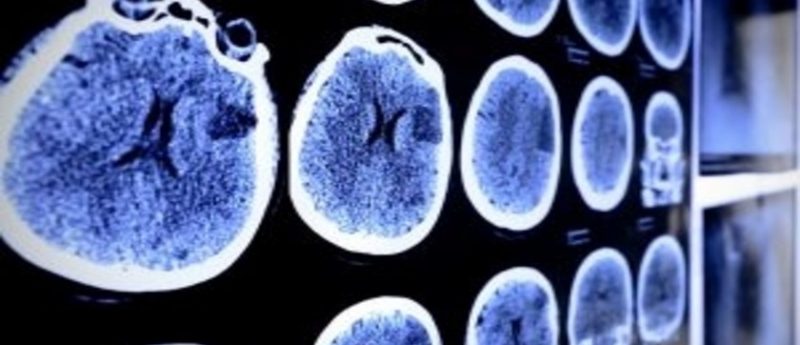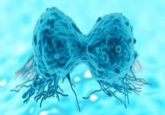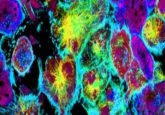New research offers insight into how to halt brain tumor development in children

New research carried out by a team at the Institut de Recherches Cliniques de Montreal (IRCM, Montreal, Canada) has uncovered a protein that causes DNA damage and the associated mechanism that promotes the development of medulloblastoma, the most common childhood brain tumor.
The team, led by Frédéric Charron (IRCM), demonstrated that the protein, termed Sonic Hedgehog, induces DNA damage that facilitates tumor development. The research was published this week in Developmental Cell, where the findings also feature on the cover.
Sonic Hedgehog is believed to have two main functions: it is a member of a family of proteins that provide key information to cells to allow proper embryonic development and is also known to play a key role in tumorigenesis.
In this research, the team studied a protein termed Boc, the cell surface receptor that detects Sonic Hedgehog. “We had previously shown that Boc is important for the development of the cerebellum, the part of the brain where medulloblastoma arises, so we decided to further investigate its role,” explained Lukas Tamayo-Orrego (IRCM), a PhD student in Charron’s lab.
The team discovered that the presence of Boc is essential for Sonic Hedgehog to induce DNA damage. “In fact, Boc causes DNA mutations in tumor cells, which promotes the progression of precancerous lesions into advanced medulloblastoma,” commented Charron, Director of the Molecular Biology of Neural Development research unit at the IRCM.
Further findings demonstrated that when Boc was inactivated, the number of tumors detected decreased by 66%. This indicates that the inactivation of Boc reduces the development of early medullablastoma into advanced stage tumors.
This research is timely due to the fact that medulloblastoma is among the leading causes of cancer-related death in children. Treatment for medulloblastoma currently focuses around three key therapy modalities; surgery, radiotherapy and chemotherapy. It is well documented that many children will survive the treatment, however radiotherapy in particular is known to affect normal brain cells and cause long-term health issues.
The serious side effects associated with the treatment of medulloblastoma include cognitive impairment and disorders. The discoveries made by the team at IRCM could be utilized to develop a new targeted therapeutic approach to stop the growth and progression of medulloblastoma, therefore reducing the side effects that occur from current conventional treatment.
Source: IRCM Press Release




